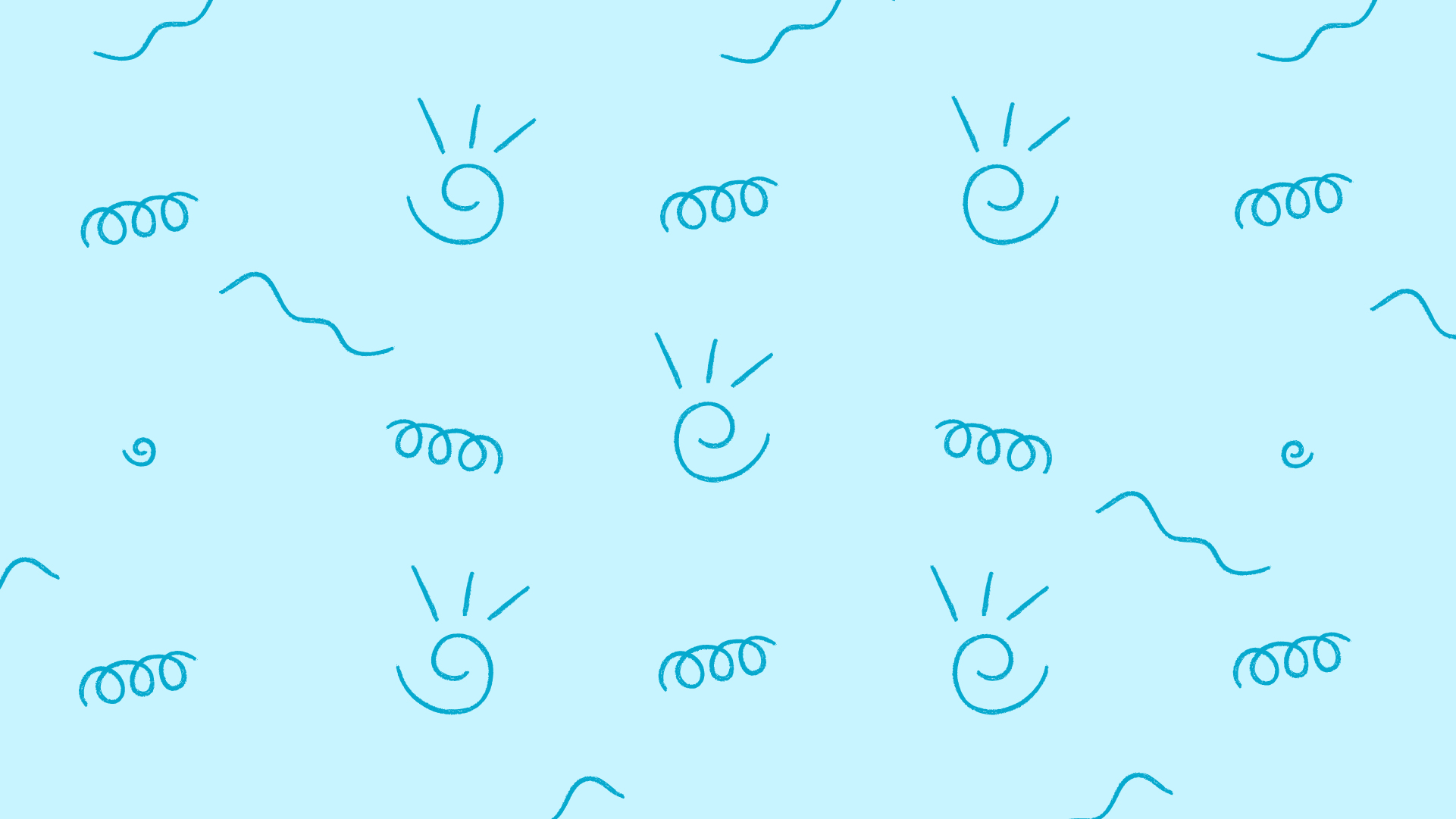
- 3 mins
How To Build Your Parenting Circle

I get it. Your child might struggle with potty training, and your friend’s younger one is very proudly going to the toilet independently. Or your friends’ children are perhaps receiving praise from teachers, where you are being called in for different kinds of talks with the headteacher. Jealousy starts maybe as being happy for another, and then we sometimes internalize it and compare it with our own family or situation. In research psychology, we often learn about the impact of various variables. One situation differs depending on time, people involved, internal and external changes. One organism reacts very differently to freshwater compared to saltwater. So many variables help shape and change us, far more than we can even imagine at times. And also, we are all human; we are all different and exceptionally unique. But still, jealousy of another or another’s situation is common.
In my practice, clients often feel extreme guilt when experiencing jealousy. The guilt sometimes has a knock-on effect of feeling ashamed of being jealous of their friends or family. The first step is to realize that all emotions are just that – emotions. We are free to feel an emotion initially. We can govern what we do about this, not that much what we intrinsically feel. It’s possible to retrain and rewire the way we react to our initial feelings, which in turn might lead our initial emotions to be more aligned with our behavior.
Think of this simple example, are you doing anything wrong when you see a wallet that does not belong to you lying on the floor, and your initial feeling is to look at the money left? The behavior that follows, returning the wallet to the owner, will help shape your authentic self. This principle is also true with jealousy. It’s normal to look at friends’ children, who might be acting politely at dinner, while yours might be causing havoc and think, “I wish….” Does this mean you love your children any less? Not at all. You are still going home with your children, teaching them the life lessons they require, and possibly going to bed earlier than usual. Remind yourself that the focus should be on how you react to your initial feeling. Stay true to yourself and reward yourself for responding the way you did.
We live in a world where a filter can eradicate blemishes. We post our social selves on platforms that encourage us to present the best sides of ourselves, our holidays and our experiences. Remind yourself that what you see is filtered from time to time. No matter what you see on social media or at gatherings, every person is faced with challenges.
I love listening to Chris Voss, an ex FBI negotiator who now consults with business people. Chris is used to going into hostile conversations and keeps his calm exceptionally well. His trick is to smile as soon as he starts the conversation. He teaches this in business, too – as he mentions the importance of letting your brain know that you are happy and calm and letting the other person know the same. As soon as you smile, your brain (and the other person you are in conversation with) will elicit “happy hormones” and feel safe. If you hear your friend telling you about their child’s accomplishments, and your initial reaction is to smile, your brain is already happy without even thinking about the emotion felt and how to react to it.
According to Ramachandran and Jalal (2017), taking an evolutionary perspective and learning about the reasons for being jealous and what precisely you are jealous of might help challenge the feeling. Remember that thoughts can’t be seen – you can practice expressing pride for another without being “caught” thinking it took you or your family longer to achieve the same. You are doing a fantastic job – remind yourself from time to time about that too!
Ramachandran, V. S., & Jalal, B. (2017). The Evolutionary Psychology of Envy and Jealousy. Frontiers in psychology, 8, 1619.